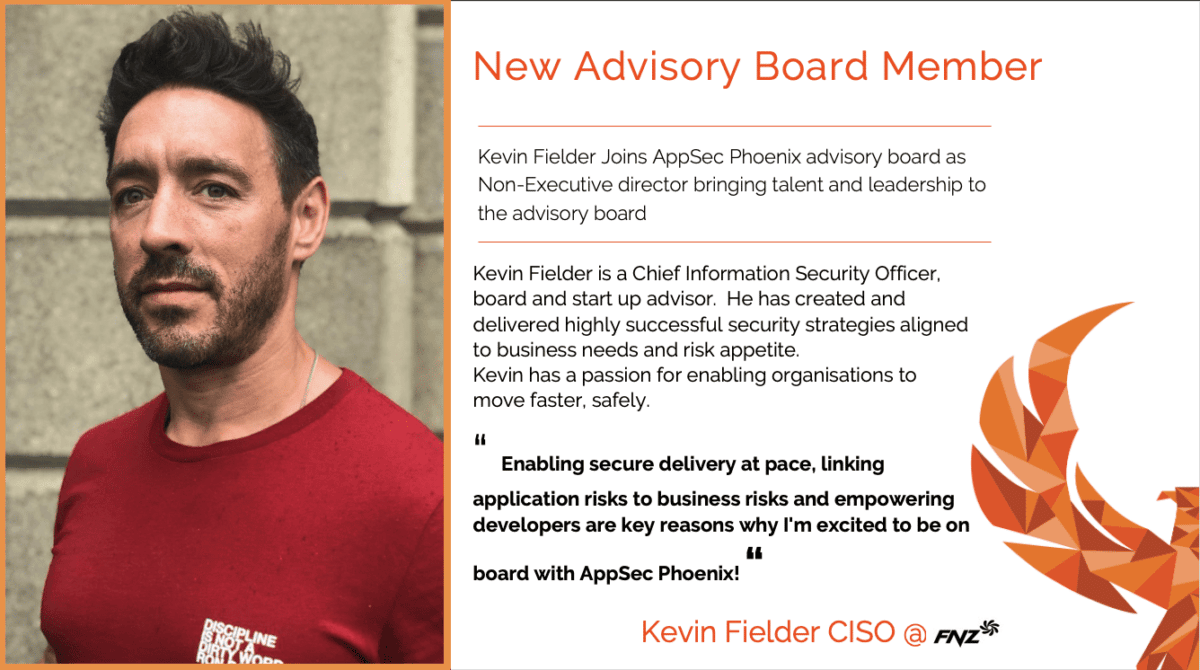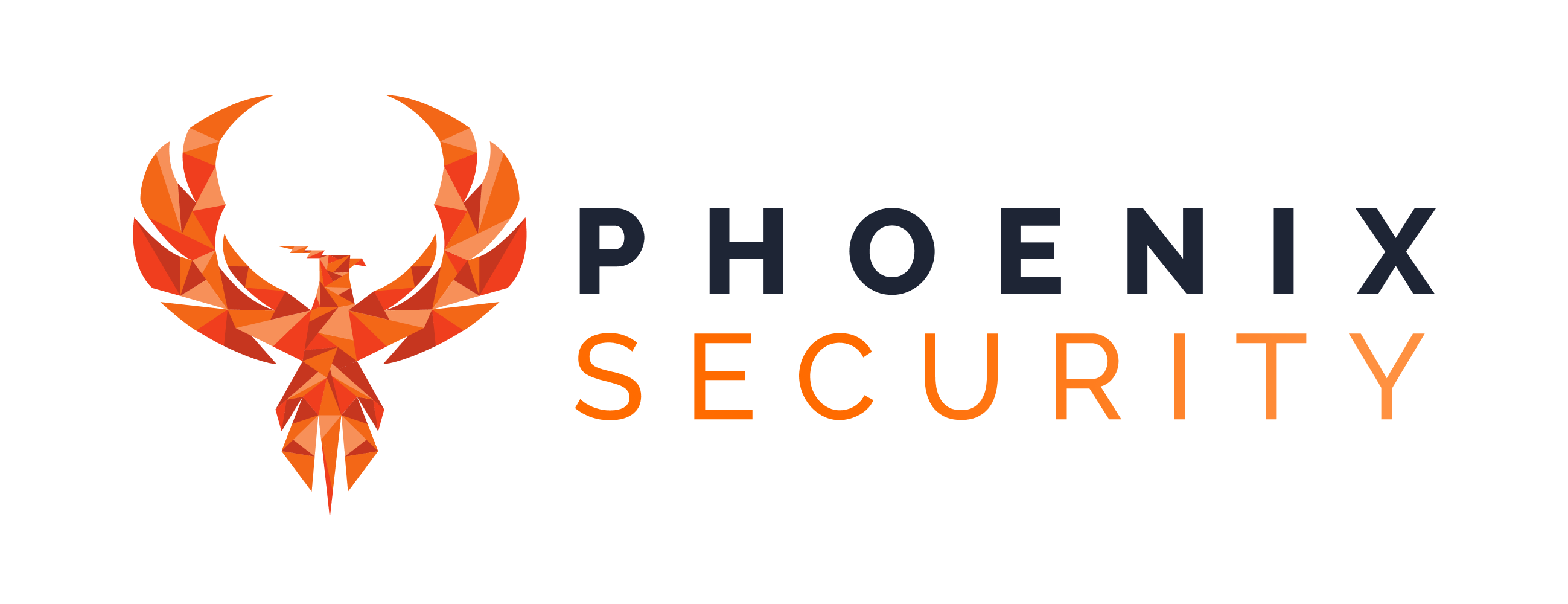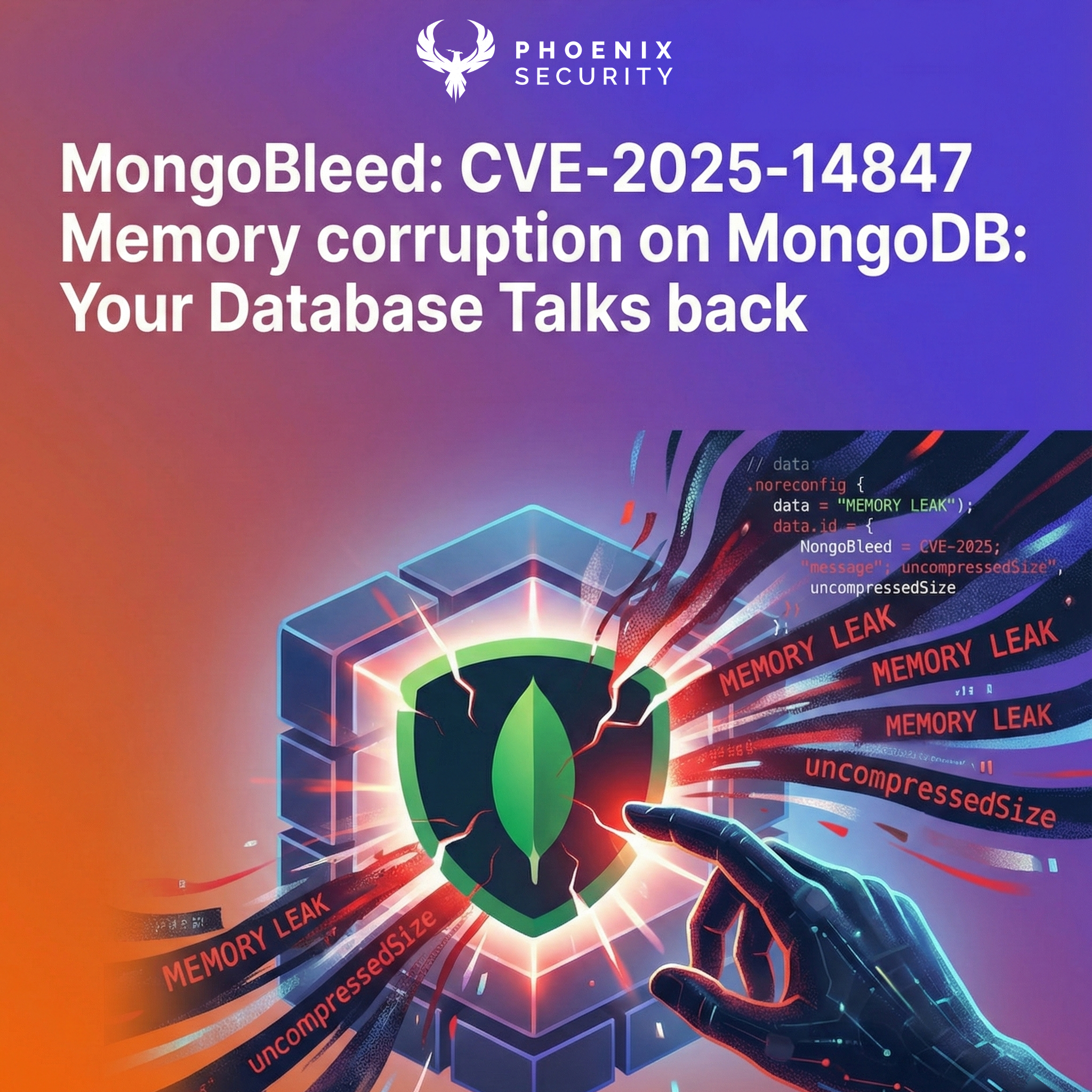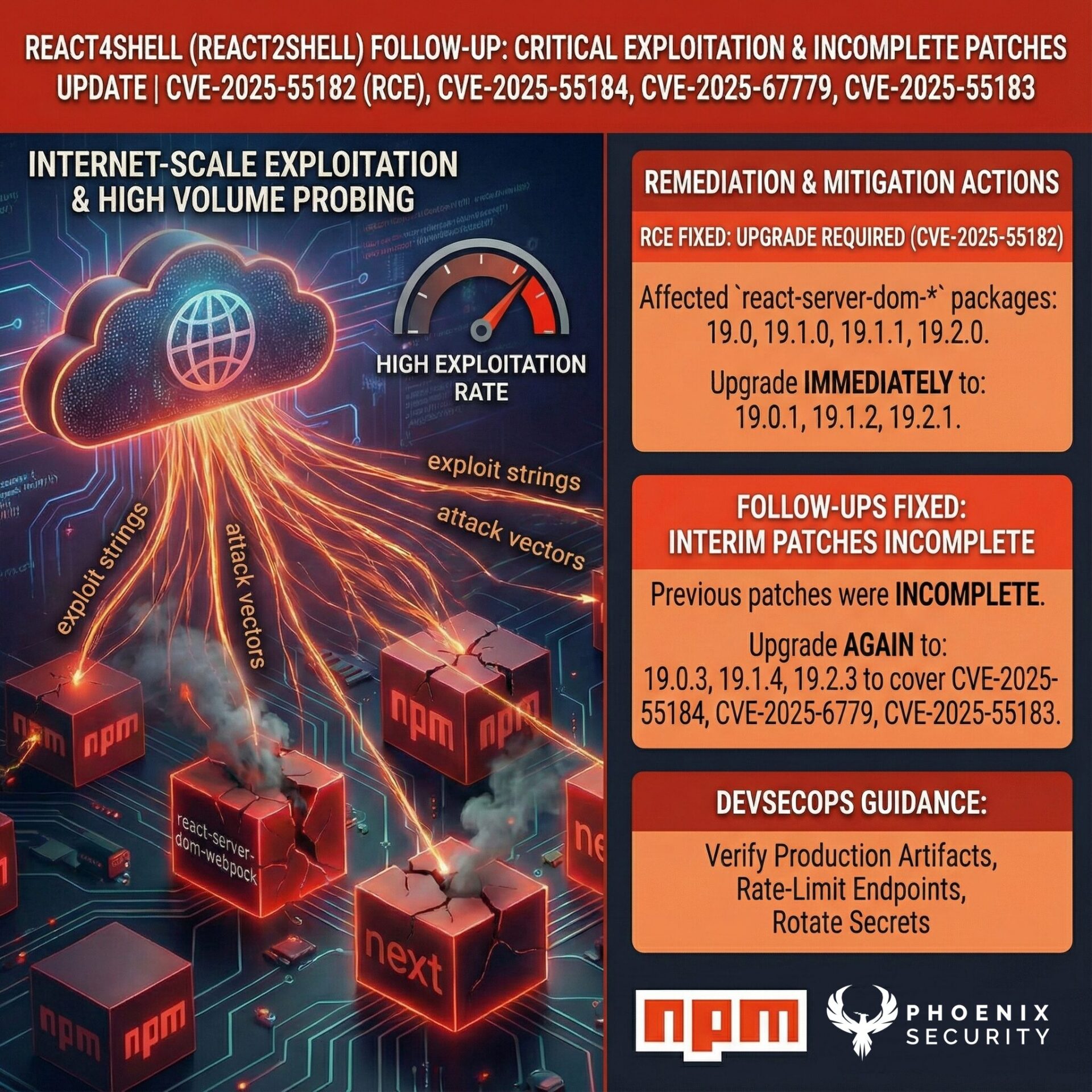Fielder’s expertise in cybersecurity will help the risk vulnerability management platform bolster its security capabilities and knowledge as it looks toward the seed funding campaign.

LONDON, England (October 3, 2021)— AppSec Phoenix, an innovative risk-based vulnerability management software, has announced the addition of Kevin Fielder to its board as Non-Executive. Fielder brings over two decades of technical and security expertise to AppSec Phoenix’s advisory group, helping the company perform its due diligence and scale its cybersecurity expertise as it enters its first round of seed funding. Fielder will hold a non-executive director role on AppSec Phoenix’s advisory board.
Fielder is currently the Chief Information Security Officer at FNZ Group and has held similar chief security roles at other companies in the UK. Fielder has created and delivered highly successful security strategies aligned to business needs and risk tolerance throughout his career.
Fielder excels in building and leading high-performing teams while effectively engaging boards around cyber risk and resilience with an extensive background spanning financial services, payments, and online retail.
An experienced and dynamic information security professional, Fielder is also a board advisor to several established and startup organizations, a seasoned speaker, and an active cyber security community member promoting awareness, diversity, and innovation.
“We are excited to get such a pillar of the cybersecurity community on board as a non-executive director,” noted Francesco Cipollone, CEO and founder of AppSec Phoenix. “Kevin’s domain knowledge, years of experience, and honest, straightforward talk align with AppSec Phoenix’s principles. We are honoured that such a leader in the industry recognized the value of our product and was eager to join a growing and thriving startup.”
“I am thrilled to join AppSec Phoenix’s advisory board as the company looks to build its expertise and capabilities in the risk vulnerability sector,” said Fielder. “I’m passionate about enabling organizations to move faster to scale, safely. AppSec Phoenix helps organizations do this by enabling secure delivery quickly, linking application risks to business risks, and empowering developers to take charge of vulnerability management in a proactive way.”
Fielder joins an advisory board that boasts several notable names in the cybersecurity sector, including:
- Robert Rodgers, who brings a wealth of security and IT knowledge from the client perspective to the Phoenix Security board. He has worked in the financial industry since 1995. Rodgers currently serves as an executive of Butterfield Group, and his past experience include former deputy CISO of HSBC Bank, security lead of Bank of Scotland, and global head of IT security of Bank of Bermuda. Rodgers brings a straightforward and no-frills perspective to the project with a pragmatic view of cybersecurity from the client side.
- Xabi Errotabehere, who has more than 20 years of experience building world-class digital products. He co-founded Cloud Conformity, a Cloud Security Posture Management tool, and took the company in a high-growth mode before Trend Micro acquired it in 2019. Errotabehere brings insight into how to successfully manage a business in its early days and techniques to effectively go to market and acquire clients.
- Andrew Peterson, who led Signal Science, a leading cybersecurity product, for five years before it sold to Fastly for $775M. Peterson brings startup knowledge, international support, exposure to the US market, and key introductions to customers. His insight into the American market and its current trends and his contacts with venture capitalists provide valuable insight to the advisory team. He also advises several companies, and he has been instrumental in providing Security Phoenix with key recommendations on how to get a head start in product startup and potential pitfalls.
To learn more about AppSec Phoenix or to schedule a free demo, visit https://www.phoenix.security/request-a-demo/.
















